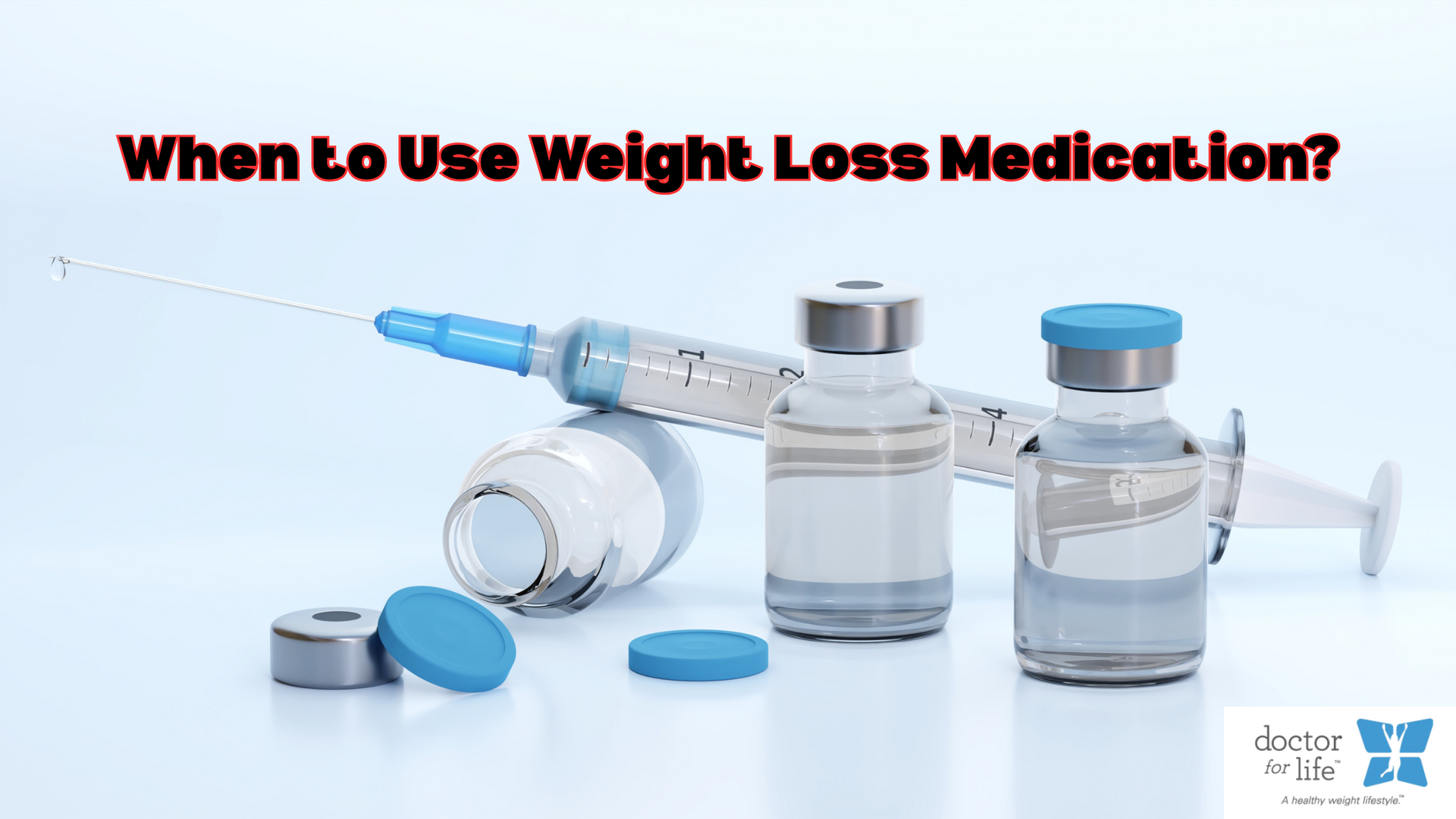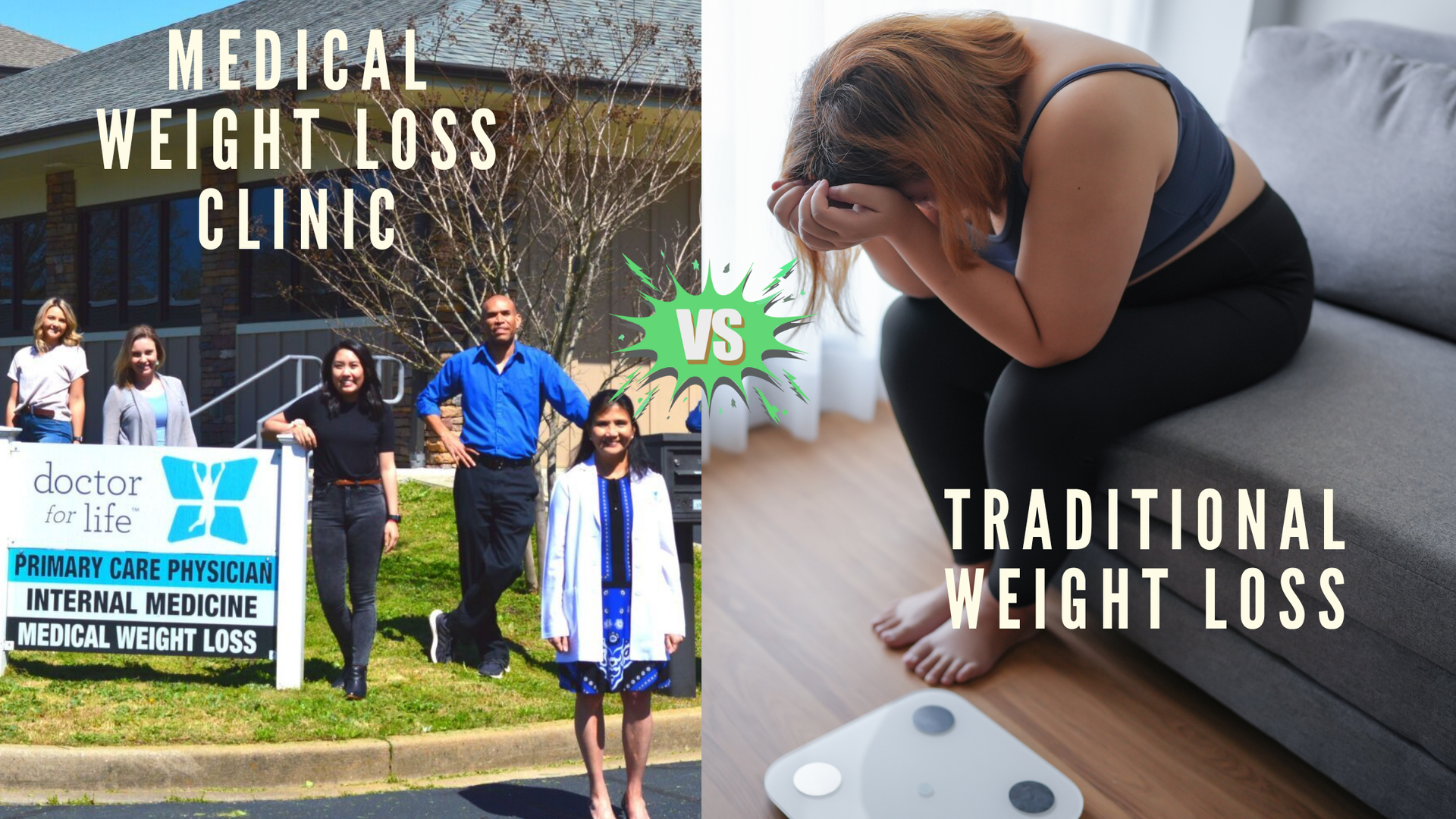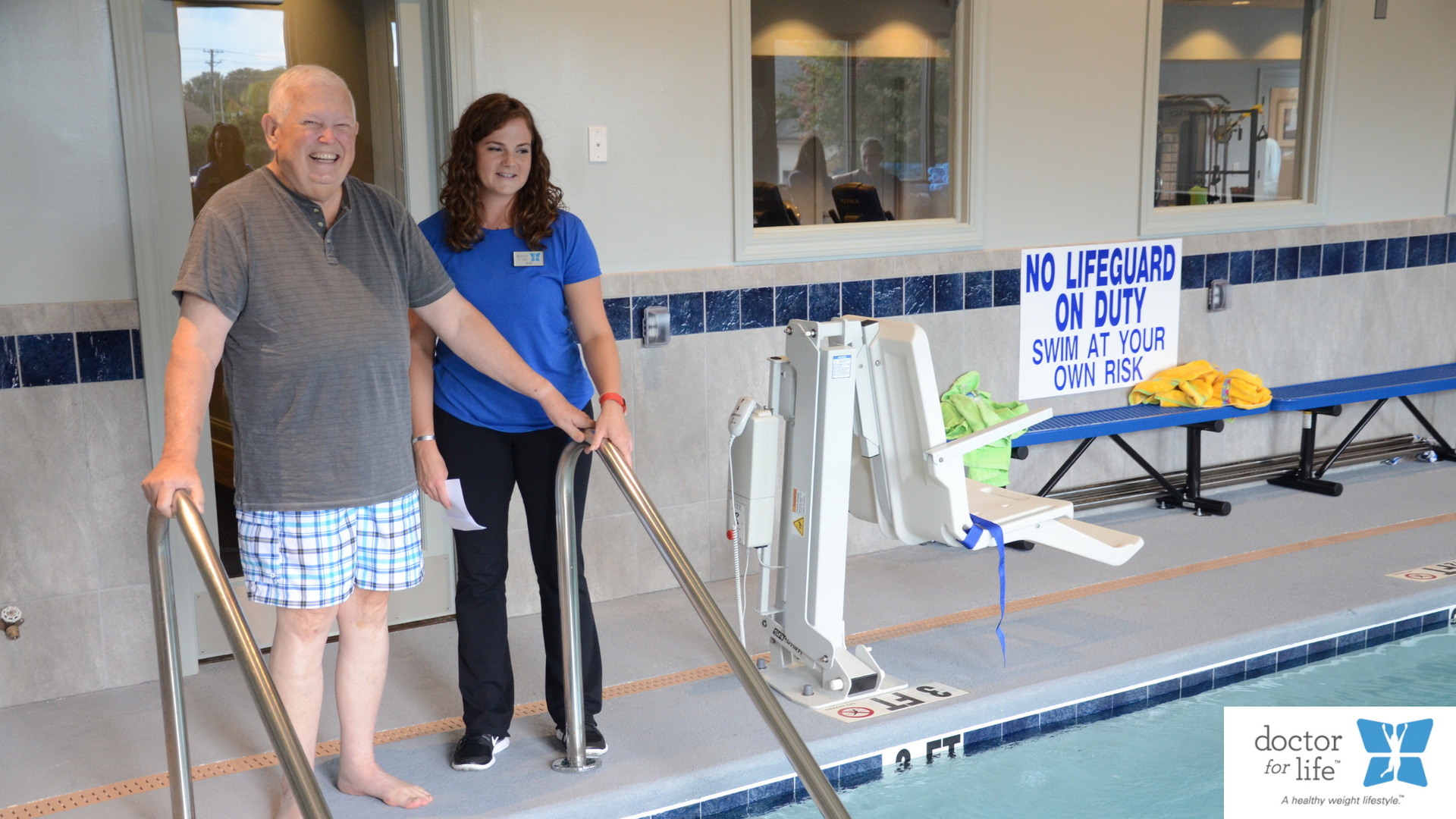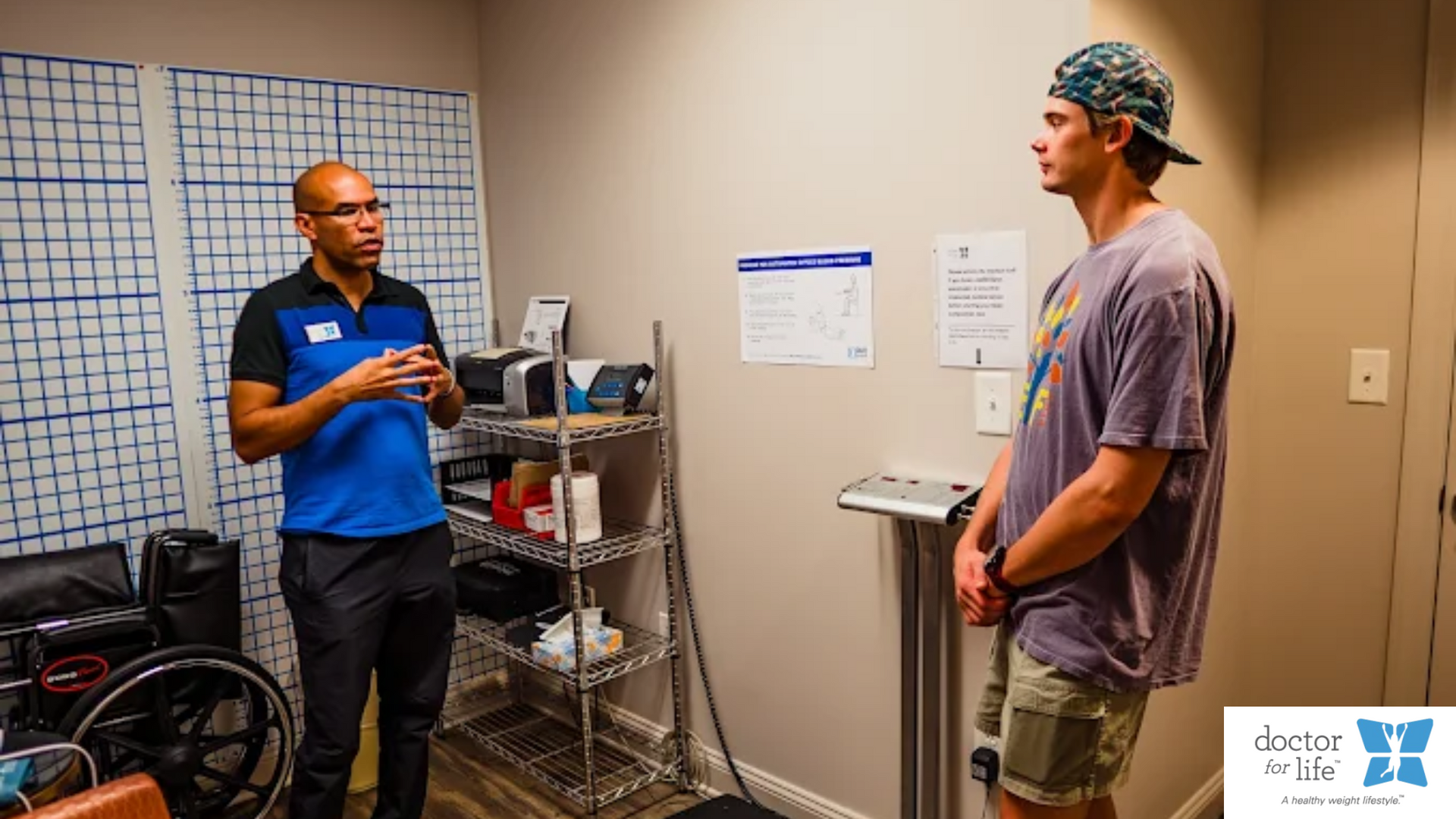When to Use Weight Loss Medication?

Weight loss medications are not magic pills! They won't save you from a weekend of bottomless brunch, and they are not a replacement for real lifestyle changes. That said, they can still have their place, and they're certainly not useless. In fact, for the right patient with obesity (or stubborn weight that defies salads and steps tracking ), they can be a very effective tool when used responsibly, under the guidance of a prescriber.
So now that we can consider medical weight loss medication, when is the right time? Let's back up first and talk about the foundation we'd like you to establish for your weight loss journey.
Step One: Build Your Lifestyle First (No Skipping!)
Before considering medication, you must focus on the big three:
- Eating: Eating whole foods and lean protein/fiber-filled veggies and working to limit added sugar and refined carbs.
- Exercise: At least 150 minutes of moderate-intensity activity weekly. Walking counts, dancing counts, chasing toddlers? Definitely counts.
- Sleep and Stress: Chronic stress and poor sleep can sabotage even the cleanest diet. Aim for 7–8 hours of sleep and find healthy coping strategies—no, doom-scrolling doesn't count.
According to the CDC, healthy weight loss is typically 1 to 2 pounds per week, and most people start to see progress through consistent behavior changes. For many, this is enough. But for others—particularly those with medical complications—lifestyle changes alone aren't enough.
So...When Is Weight Loss Medication Necessary?
Weight loss medications are usually recommended when your weight becomes a medical concern, and lifestyle changes haven't produced sufficient results. Specifically, you may be a candidate if:
- Your BMI is 30 or higher (classified as obese)
- Your BMI is 27 or higher, with weight-related health conditions like:
- Type 2 diabetes
- Hypertension
- Sleep apnea
- PCOS
- High cholesterol
- Fatty liver disease
In these situations, the risks of excess weight are high—and medications can help tilt the scale (pun intended) toward better health.
How Do Weight Loss Medications Work?
Most FDA-approved weight loss medications work in one of three ways:
- Appetite Suppression: Reduces hunger and/or increases satiety (e.g., phentermine-topiramate).
- Fat Absorption Blockers: Prevents your body from absorbing some of the fat you eat (e.g., orlistat).
- Hormone Mimickers: Medications such as semaglutide (Wegovy) mimic hormones involved in controlling blood sugar and appetite.
These medications are not magic pills, but they can jumpstart your weight loss process and help you sustain it as long as you are willing to make lifestyle changes.
In The New England Journal of Medicine study from 2021, the individuals treated with semaglutide lost around 15% of their body weight within 68 weeks, while individuals treated with lifestyle intervention lost around 2.4% of their body weight.
The Pros of Medical Weight Loss Medications
Let's give credit where it's due. Under the guidance of a qualified provider, medical weight loss drugs can:
- Improve metabolic markers (like A1C, blood pressure, and cholesterol)
- Help break frustrating weight plateaus
- Increase confidence and motivation
- Reduce risks of serious illnesses
For those with conditions like insulin resistance or binge eating disorder, medications can help regulate appetite and cravings at a chemical level.
But It's Not All Sunshine and Skinny Jeans…
Weight loss medications aren't suitable for everyone. They can cause side effects like nausea, digestive upset, increased heart rate, or even gallstones with rapid weight loss. And they must be prescribed and monitored by a licensed medical provider.
Also, medications are not a lifelong crutch. Most are recommended for short- to medium-term use. Once a healthy weight is achieved and stabilized, the goal is to continue managing your lifestyle so that the weight doesn't return.
Medication Without Lifestyle? Don't Bother.
If you're not willing to change your habits, no medication will work long-term. Period.
Studies show that people who combine medication with lifestyle changes lose significantly more weight than those who use medication alone. You still need to eat better, move more, sleep well, and manage stress. The medication just makes it easier to do all those things consistently.
So, What's the First Step?
If you've:
- Been trying for months (or years) to lose weight
- Hit a plateau despite diet and exercise
- Are dealing with obesity-related health risks
Then it's time to talk to a professional. A qualified medical weight loss clinic can assess your history, goals, and health conditions to determine whether weight loss medication makes sense for you.
Final Thoughts: Medication Is a Tool, Not a Shortcut
Let's ditch the shame and judgment surrounding getting medical help to lose weight. Obesity is a complex, chronic
disease influenced by biology, environment, and behavior. Weight loss medications aren't cheating-they're treating.
But they're most effective when used strategically, not desperately. So, start with the lifestyle changes, stay consistent, and talk to a medical expert about whether medication can help get you to the finish line.
Ready to take the next step in your weight loss journey?
At Dr. For Life, we are here to support you with proven medical solutions, compassionate care, and a plan that truly fits your life. Book a consultation and find out if weight loss medication is right for you.










